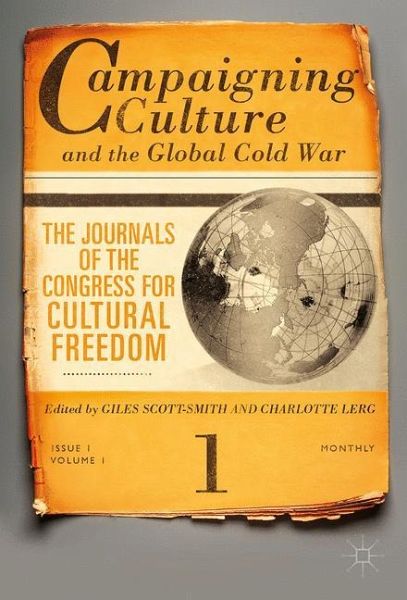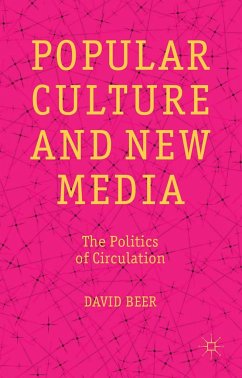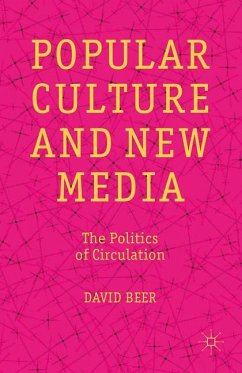
Campaigning Culture and the Global Cold War
The Journals of the Congress for Cultural Freedom
Herausgegeben: Scott-Smith, Giles; Lerg, Charlotte A.

PAYBACK Punkte
46 °P sammeln!
This book explores the lasting legacy of the controversial project by the Congress for Cultural Freedom, funded by the CIA, to promote Western culture and liberal values in the battle of ideas with global Communism during the Cold War. One of the most important elements of this campaign was a series of journals published around the world: Encounter, Preuves, Quest, Mundo Nuevo, and many others, involving many of the most famous intellectuals to promote a global intellectual community. Some of them, such as Minerva and China Quarterly, are still going to this day. This study examines when and w...
This book explores the lasting legacy of the controversial project by the Congress for Cultural Freedom, funded by the CIA, to promote Western culture and liberal values in the battle of ideas with global Communism during the Cold War. One of the most important elements of this campaign was a series of journals published around the world: Encounter, Preuves, Quest, Mundo Nuevo, and many others, involving many of the most famous intellectuals to promote a global intellectual community. Some of them, such as Minerva and China Quarterly, are still going to this day. This study examines when and why these journals were founded, who ran them, and how we should understand their cultural message in relation to the secret patron that paid the bills.












